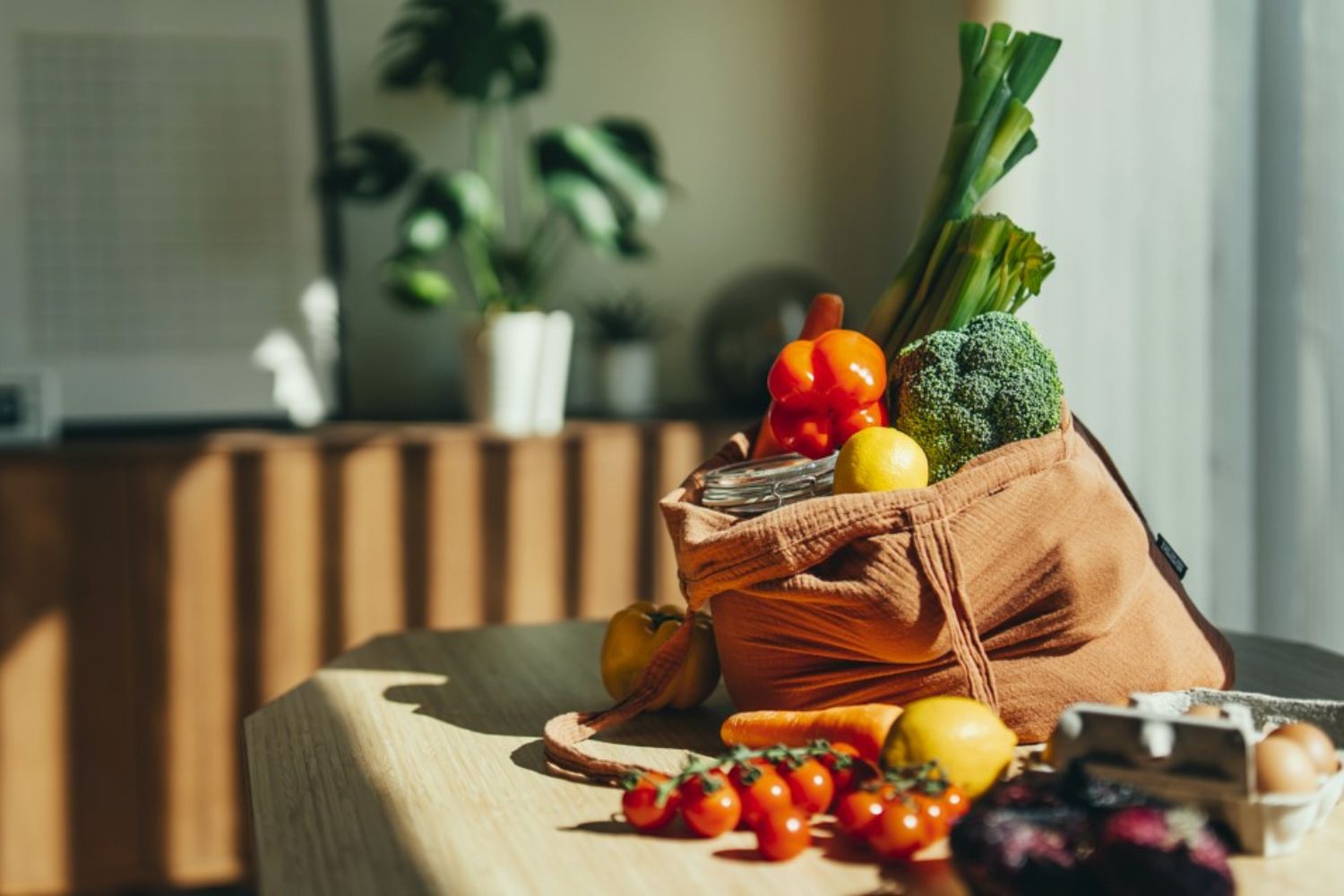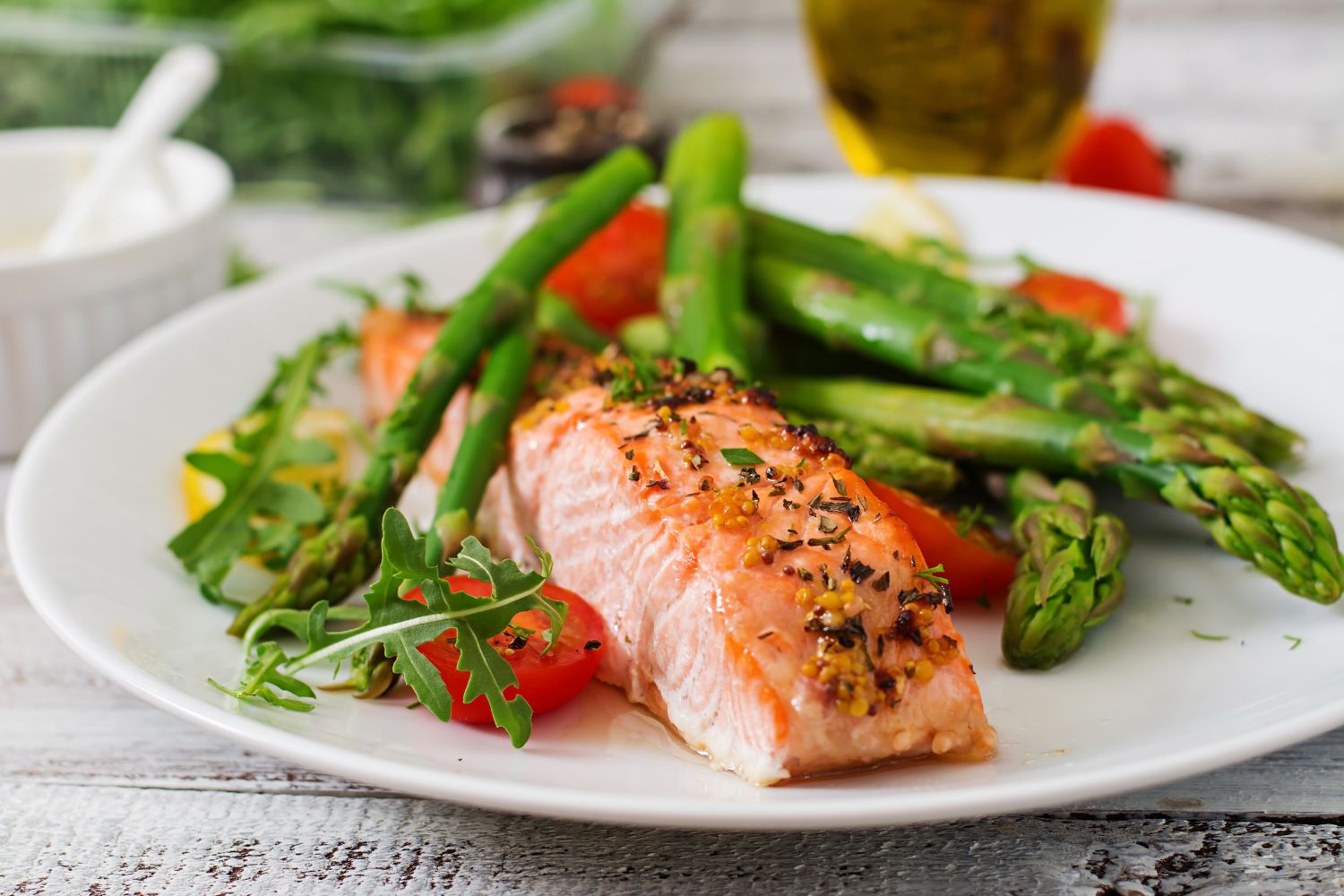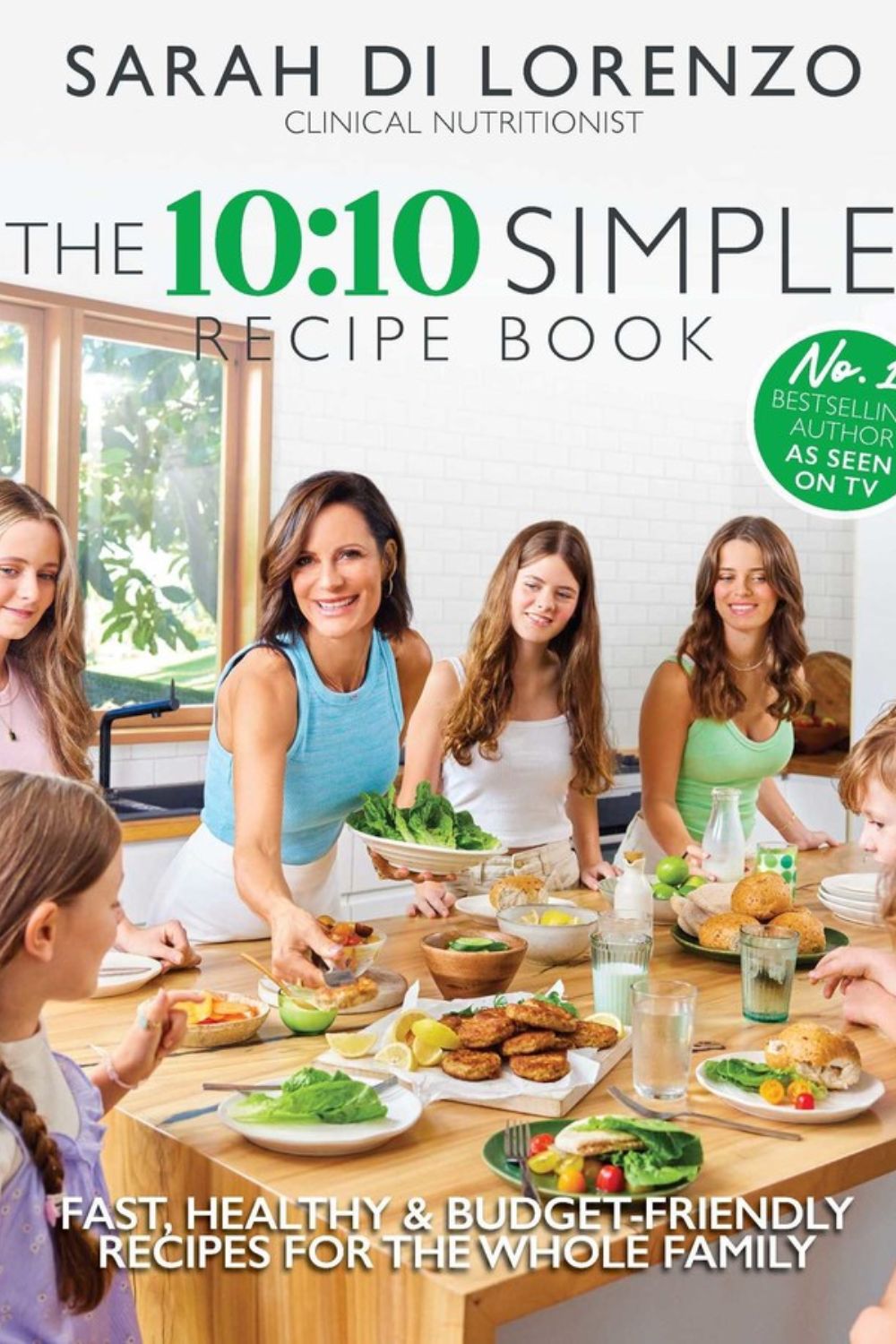Menopause comes with ups and downs – hot flushes, night sweats, loss of libido, anxiety, depression, insomnia, moodiness and very unwelcome weight gain – all linked to a decline in oestrogen and solidified by 12 months of no period.
But it doesn’t have to be like that!
WATCH NOW: Foods to eat that ease menopause symptoms. Article continues after video.
There are some dietary changes you can make to reduce these symptoms and reset your mindset, helping you to embrace menopause.
Avoid alcohol, as it can increase hot flashes and disrupt sleep, and limit caffeine to breakfast.
Spicy foods have been shown to increase hot flashes, while fatty foods are linked to elevated cholesterol, and salty foods cause blood pressure elevation.
While you don’t have to give up everything you love, simply make the right changes for you! Even starting with the smallest changes will get you there.
RELATED STORY || Dietician-approved tips to eat healthy on a budget
What to eat on the Menopause Diet?
Dairy
Excellent for bones, sleep and gut health, plus a good source of protein.
Adding some Greek yoghurt to your oats or ½ a cup before bed will help with sleep.
Aim for 1-2 serves a day.

Fruits and vegetables
Full of fibre, vitamins, minerals and antioxidants.
Start with adding some berries to breakfast or broccoli to dinner.
Fruit and vegetables have been shown to reduce hot flushes.
Aim for 2 pieces of fruit a day.
Whole grains
Full of fibre and B vitamins, excellent for gut health and energy levels.
Whole grain sourdough or oats are perfect for breakfast, and rice or quinoa is an excellent addition to lunch.
Remember, all you need is ½ cup cooked.
Aim for 2 serves per day at breakfast and lunch.

RELATED STORY || Salmon Cacciatore
Healthy fats
Mackerel, salmon, flaxseeds, chia seeds, extra virgin olive oil and anchovies are all excellent sources of omega 3.
Wonderful for supporting cardiovascular health and reducing night sweats.
Sprinkle some chia seeds over your lunch or breakfast and enjoy some salmon for dinner.
Aim for a serve daily.
Phytoestrogens
These are compounds in foods that act as oestrogen – chickpeas, grapes, berries, black tea, pears, plums, grains, beans and garlic.
Have some hummus and veg sticks as an afternoon snack.
Protein
It’s important to have 3 serves a day of protein to prevent muscle loss.
Protein-rich foods such as chicken, tofu, turkey, lean red meat, pork and fish also keep you full, plus help with maintaining a healthy weight.
Aim for around 120 grams per meal.

The Menopause Diet: Day on a plate
Breakfast
- ½ cup of cooked oats with 2 tablespoons of Greek yoghurt, berries and chia seeds sprinkled over the top.
Or try my menopause smoothie
- 1 cup frozen blueberries
- 2 tablespoons flax meal
- 1 tablespoon nut butter
- 1/4 cup Greek yoghurt
- 1/2 cup almond milk
- 4–5 ice cubes
Mid-morning
- Pear
Lunch
- Chicken and salad nourish bowl with ½ cup of cooked quinoa
Mid-afternoon
- Hummus and vegetable sticks
Dinner
- One tray bake – salmon and mixed vegetables



